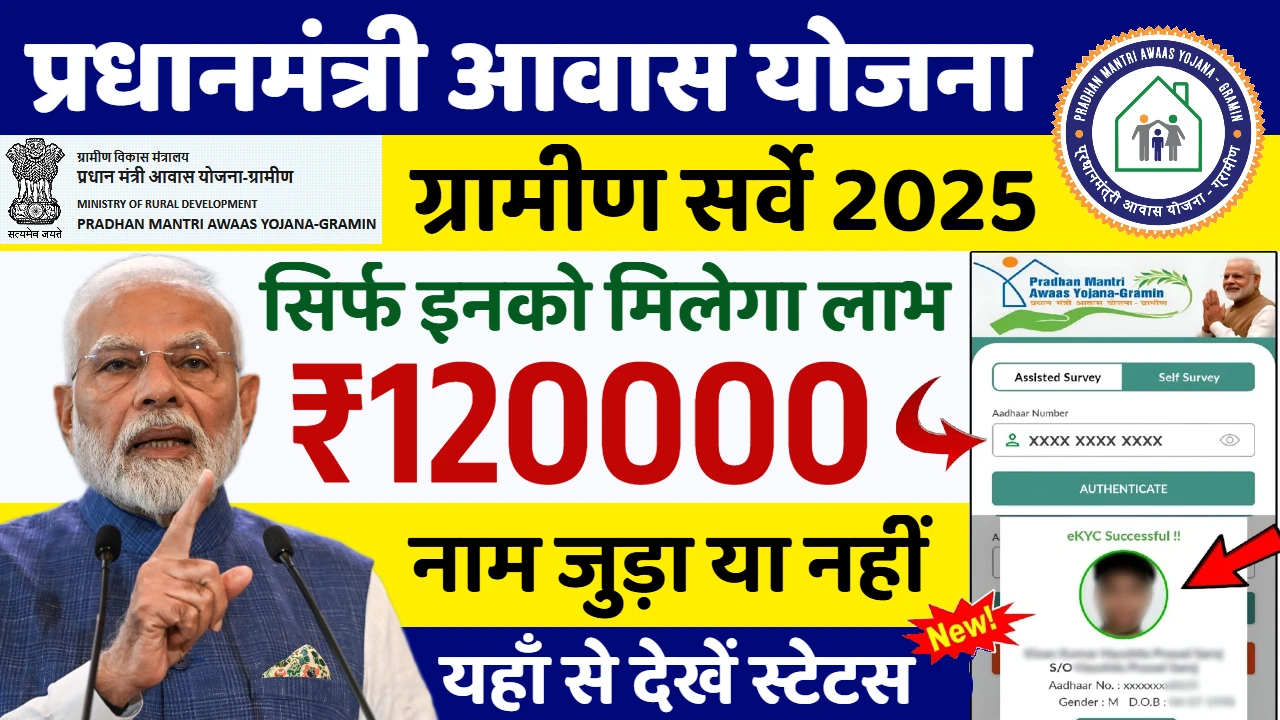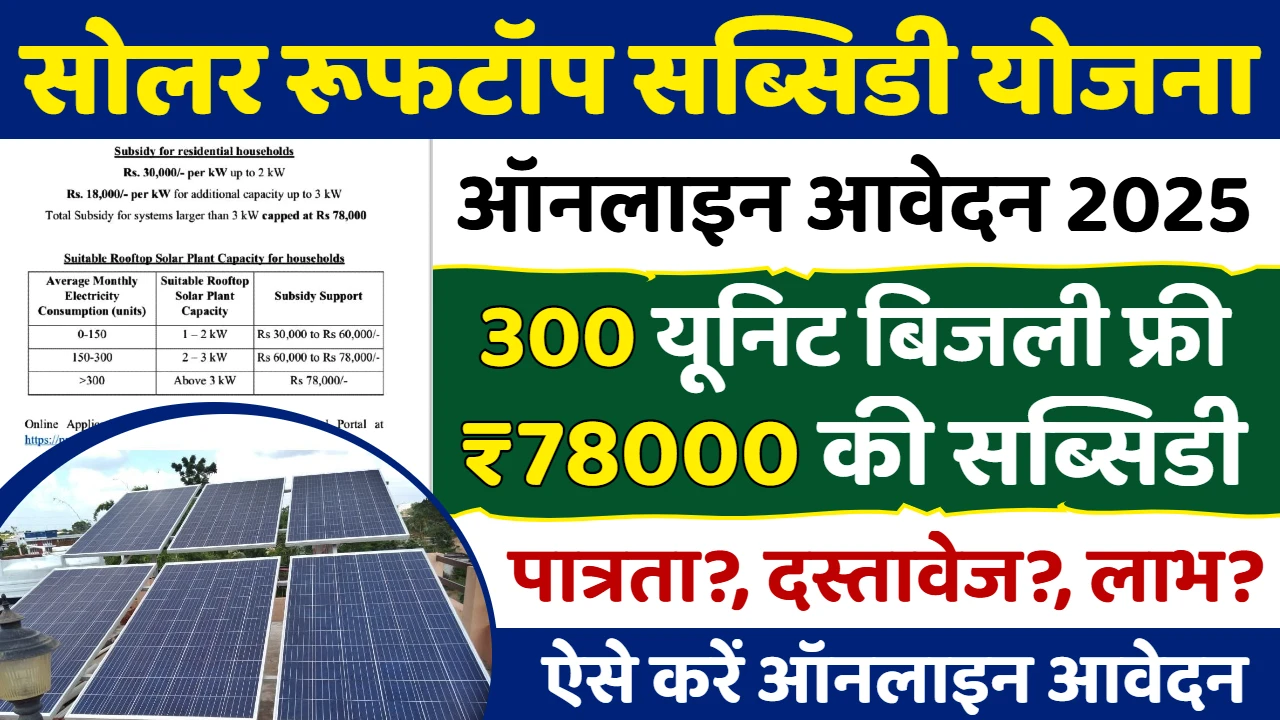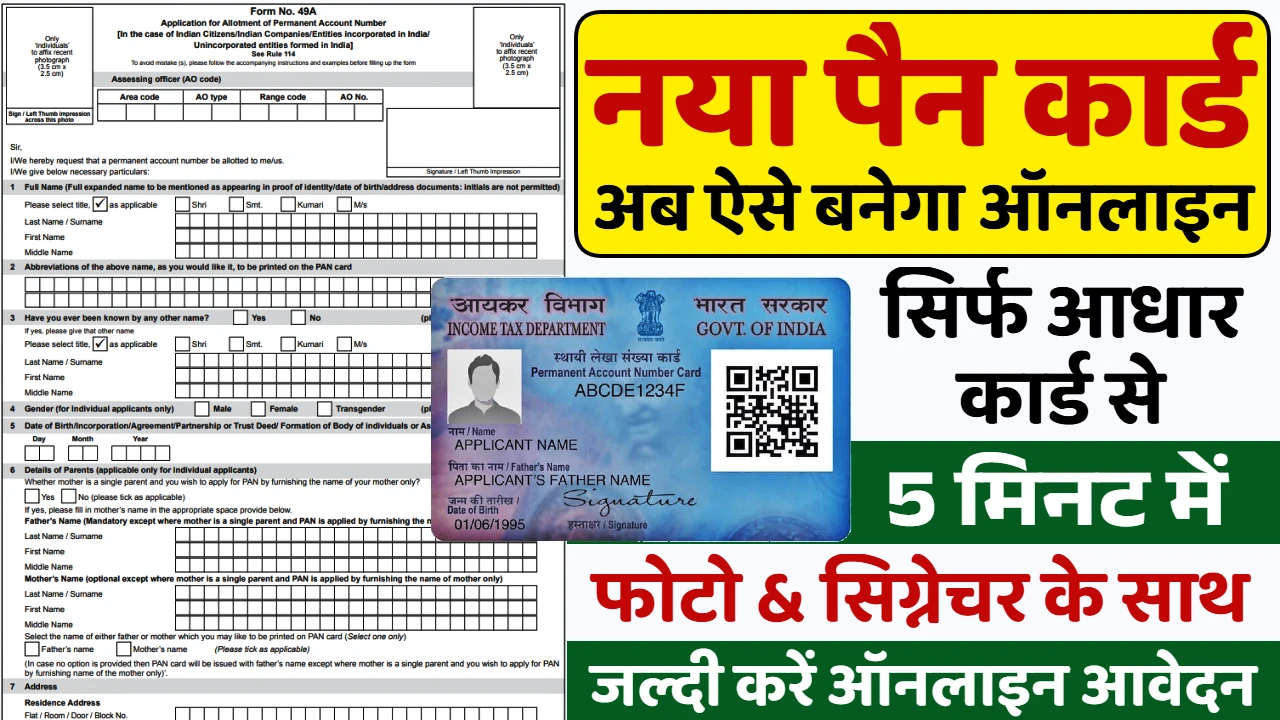8th Pay Commission Big Change: More than one crore central employees and pensioners of India are eagerly waiting for the announcement of the Eighth Pay Commission. There is an atmosphere of excitement and expectations among the employees since the announcement of the new pay commission by the government in January. Although the appointment of the key members of the commission and the terms of work have not been officially announced yet, many important changes are likely based on information received from various media reports and government sources.
The setting up of a Pay Commission is an age-old tradition of the Government of India to review the salaries and allowances of employees from time to time. This system is designed to revise the salaries of employees in proportion to inflation and rising cost of living. This time the Pay Commission is particularly important because inflation has increased significantly since the last commission.
Important reforms proposed in allowances
The March meeting of the Standing Committee of Voluntary Agencies indicated that the Eighth Pay Commission will focus on restructuring not only the basic pay but also key allowances. This includes key components such as house rent allowance, travel allowance and medical allowance. This is a comprehensive approach that is an important step towards improving the overall economic condition of employees.
Restructuring of allowances is necessary because the cost of living has increased considerably in the last few years. The existing allowances have become inadequate due to the increase in rent, transport and medical expenses. The new commission is expected to make appropriate amendments keeping these realities in mind.
Proposed increase in medical allowance
The most important news for pensioners is the proposed increase in fixed medical allowance. Currently, pensioners get a monthly medical allowance of Rs 1,000, which is proposed to be increased to Rs 3,000 per month. This three-fold increase will be a big relief for pensioners.
In today’s time when the cost of medical services is constantly increasing, a monthly allowance of Rs 1,000 is really inadequate. Especially for the elderly who require regular medical services, this amount is unable to meet their real needs. The proposed increase is a positive step in this direction.
Likely date of implementation
According to sources, the recommendations of the Eighth Pay Commission are likely to be implemented from January 1, 2026. This date is important because it has been recommended to be included in the Commission’s Terms of Reference. This means that it will not remain just a suggestion but will become part of the official review.
The date is determined based on a number of factors, including the composition of the commission, the study process, and the time required to finalise recommendations. The target of 1 January 2026 ensures that there is sufficient time and that decisions are taken after extensive consultation.
Possible changes in fitment factor
The most discussed topic is the possible increase in the fitment factor. In the seventh pay commission, it was kept at 2.57 times, which fixed the minimum salary at eighteen thousand rupees. Now news is coming that the government is considering increasing it to 3.2. If this proposal is accepted then the minimum salary can reach twenty six to twenty seven thousand rupees.
This will also affect the pension which can increase from the current Rs 9,000 to about Rs 25,000. However, this is still at the level of estimation and official confirmation is awaited. Determining the fitment factor is a complex process in which various economic factors are analyzed.
Disclaimer: This article is prepared based on available media reports and general information. Please check government sources and official website for accurate information on 8th Pay Commission official announcement and policies.










